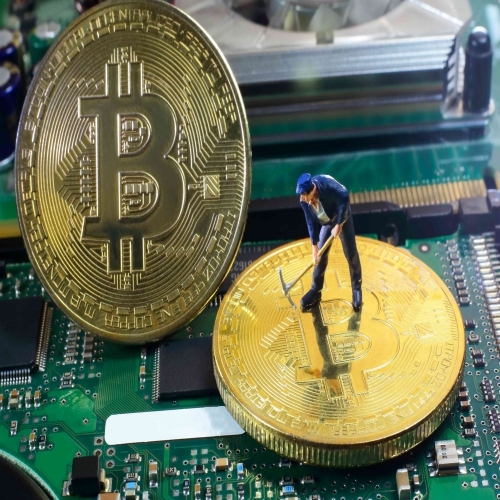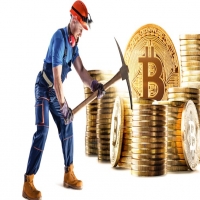Mining of bitcoin (BTC) or altcoins is a niche by the highly active segment of cryptocurrency. Mining is the way a certain kind of blockchain pays for participants to maintain it, its integrity and records, by paying ‘miners’ in the blockchains own coins.
Bitcoin, for example, currently pays out 12.5 coins for every block that is processed to the ‘miner’ that solves the puzzle necessary to unlock the job. It also hands over the transaction fees internal to that block record to the miner. This might add several bitcoin to the total.
Right now if you mined a bitcoin block, with two bitcoin of transaction fees you would get a mining payout of 14.5 BTC worth--a reward at current rates of roughly $92,000.
You can consider the mining reward as being 14.5BTC or $92,000 but you can rest assured that most people care more about $92,000 than the BTC count as for a start they will have to pay a huge electricity bill in fiat.
Mining rewards, in the sense of the native coins issued by the blockchain, are meant to have some kind of stability but the real outcome is not stable at all. Mining rewards fluctuate in several dimensions. The idea is that a coin like bitcoin has a constant issuance so the effort necessary to create a block changes with the effort being put in chasing new coins to smooth the production of new coins. This smoothing can be very jagged indeed.
After a number of blocks has been created the blockchain calculates a new puzzle hurdle of effort needed to get to make a block, this is known as the mining difficulty. This retargeting can be fast or slow and in bitcoin’s case it is slow. The amount of coins handed out can also change over time, in the case of bitcoin the amount of coin issued for a block halves periodically, the next halving likely in just under two years

